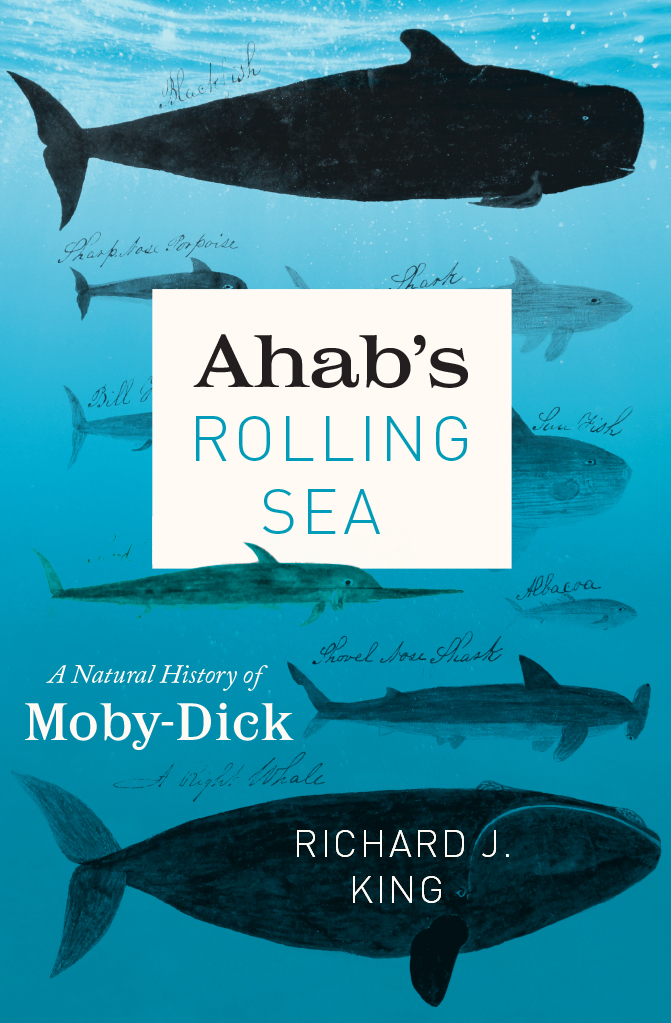
AHABS ROLLING SEA
Also by Richard J. King
Lobster
The Devils Cormorant: A Natural History
Ahabs
ROLLING SEA
A Natural History of Moby-Dick
RICHARD J. KING
The University of Chicago Press
Chicago and London
The University of Chicago Press, Chicago 60637
The University of Chicago Press, Ltd., London
2019 by Richard J. King
All rights reserved. No part of this book may be used or reproduced in any manner whatsoever without written permission, except in the case of brief quotations in critical articles and reviews. For more information, contact the University of Chicago Press, 1427 E. 60th St., Chicago, IL 60637.
Published 2019
Printed in the United States of America
28 27 26 25 24 23 22 21 20 19 1 2 3 4 5
ISBN-13: 978-0-226-51496-3 (cloth)
ISBN-13: 978-0-226-51501-4 (e-book)
DOI: https://doi.org/10.7208/chicago/9780226515014.001.0001
Library of Congress Cataloging-in-Publication Data
Names: King, Richard J., author.
Title: Ahabs rolling sea : a natural history of Moby-Dick / Richard King.
Description: Chicago : University of Chicago Press, 2019. | Includes bibliographical references and index.
Identifiers: LCCN 2019018442 | ISBN 9780226514963 (cloth) | ISBN 9780226515014 (ebook)
Subjects: LCSH: Melville, Herman, 18191891. Moby Dick. | Sea in literature.
Classification: LCC PS2384.M63 K56 2019 | DDC 813/.3dc23
LC record available at https://lccn.loc.gov/2019018442
 This paper meets the requirements of ANSI / NISO Z39.48-1992 (Permanence of Paper).
This paper meets the requirements of ANSI / NISO Z39.48-1992 (Permanence of Paper).
For Lisa
I fully believe in both, in the poetry and in the dissection.
Ralph Waldo Emerson, The Naturalist, 1834
CONTENTS
Each age, one may predict, will find its own symbols in Moby-Dick. Over that ocean the clouds will pass and change, and the ocean itself will mirror back those changes from its own depths.
Lewis Mumford, Herman Melville, 1929
On the morning that Captain Ahab is going to die, he stands aloft at the masthead for one last time. In a few hours the line attached to the harpoon that hes going to hurl at the White Whale will snatch around his own neck and pull him overboard to drown. Suspended some ten stories above the waves, Ahab says to himself: But let me have one more good round look aloft here at the sea; theres time for that. An old, old sight, and yet somehow so young; aye, and not changed a wink since I first saw it, a boy, from the sand-hills of Nantucket! The same!the same!the same to Noah as to me.
Was Ahabs ocean really the same as Noahs? Was it the same as ours? Herman Melville (18191891) completed Moby-Dick; or, The Whale in 1851. He set the story about a decade earlier. His mid-nineteenth century was a period of tremendous upheaval and revelation about humanitys place in the natural world, and his novel was by far the most profound American literary work about the ocean at the time. It would remain so for at least another century, and perhaps it still is. This natural history
Ishmael explains multiple times in Moby-Dick that two-thirds of the earth is covered by water. Geographers today estimate it at almost seventy-one percent. Melville understood or intuited, as remains true, that the sea drives our climate, our biodiversity, our economy, our international politics, and our imaginations. The ocean remains the most expansive, fascinating, complex, and sublime ecosystem on our planet. The ocean still supportsto ussome of the strangest and least known life-forms on Earth.
When I first went to sea in 1993 out of Vancouver, British Columbia, I was twenty-two years old, a few months older than Melville when he first sailed on a whaleship from New Bedford in 1841. When I boarded my ship, a three-masted barquentine named Concordia, I too was bound for the South Pacific. A freshly minted teacher of English, I sailed out of Vancouver and spent eleven months with North American high school students, tracing an enormous figure-eight around the Pacific with the Hawaiian Islands at the center. We sailed to, among other places, Hilo, Majuro, Darwin, Papua New Guinea, Bali, Oahu, Fiji, Sydney, and Pitcairn Island, finishing in San Francisco. I read Moby-Dick for the first time sitting in a thatched chair in Moorea, French Polynesia. I read for four straight days, unaware that Melville himself had ambled around that same island, maybe even that exact beach.
One afternoon, a few weeks into teaching Moby-Dick and some nine months into that first voyage, I was rereading the novel as we sailed for Easter Island. I needed some time and space, so I climbed up the rigging to see the curvature of the horizon. I climbed aloft all the way to the royal yard, over one hundred feet above the surface. Leaning out over the starboard royal yardarm, the absolute highest and farthest place I could get from the deck, I saw far off the bow what I believed to be the forward, single puff of a sperm whale. I had been so nose deep in the novelstudying Christian symbolism, Fascist parallels, and connections to Miltons Paradise Lostthat the sight of a living sperm whale bordered on miraculous. I didnt shout down to the deck. The puff of mist seemed an offering to me alone. I watched the whales flukes as it dove.
What I realized in the days that followed was that for me Moby-Dick is first and foremost a novel about the living, breathing, awe-inspiring global ocean and its inhabitants. Most explorations of this great American novel breeze too quickly past the marine life at sea that Melville so treasured and illuminated.
This natural history aims to provide that background by moving roughly chronologically through the voyage of the Pequod, exploring topics in marine biology, oceanography, and the science of navigation as Ishmael takes them up in Moby-Dick.
Now more than twenty-five years from my first voyage, I, like so many other readers of Moby-Dick, perceive the worlds oceans to be vulnerable, fragile, and in need of our stewardship. We have overfished the water, overdeveloped coastal habitats, and rocketed the rate of the introduction of marine invasive species. We have polluted the sea with oil spills, chemical runoff, and pervasive plastics. The amount of carbon dioxide in the atmosphere has increased by over seventy percent since Melvilles years at sea, and is still rising. Since the first records in 1895, this carbon dioxide has not only increased the average US air temperature by between 1.3F to 1.9F, it has also altered the entire chemistry and temperature of the ocean itselfa seemingly impossible conceit. We hurl harpoons at a faceless ocean, slowly killing ourselves as we drag down entire ecosystems of life along with us. Because of sea level rise and the ungraspable phantom of melting polar and glacial ice, Melville sailed over a Pacific Ocean in the 1840s that was likely at least eight inches lower than it is today.
Yet as we watch the ice melt on television documentaries, as we try to mitigate the erosion of our coasts due to sea level rise and the effect climate change has had on island, coastal, and Arctic communities, as we prepare for the next hurricane, and as we passively, Ishmael-like, forgive ourselves for buying just one more plastic bottle of water or another bite of tuna sushi, we somehow simultaneously perceive the ocean as more than simply vulnerable and in need of our protection. Because we still, somehow simultaneously, perhaps even because of novels such as
Next page
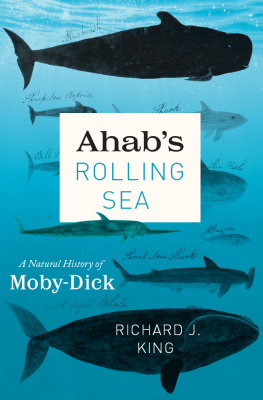

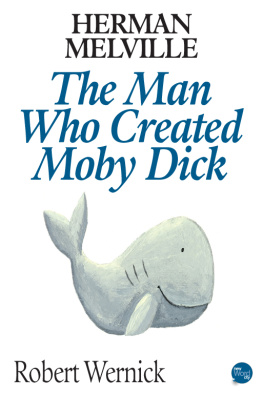
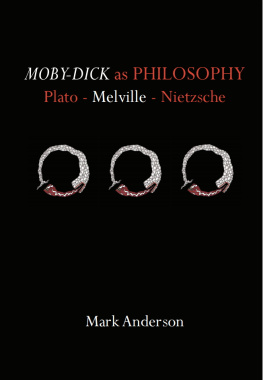

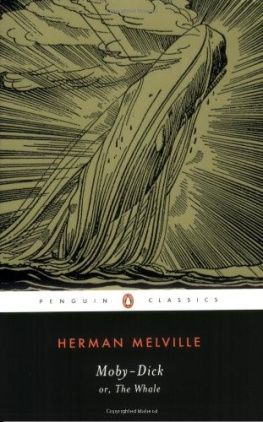

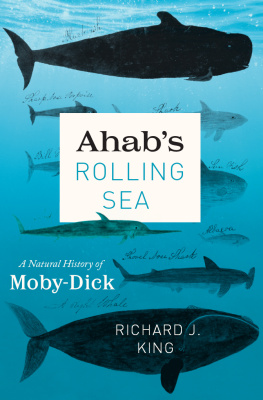
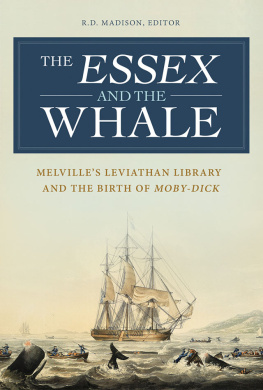
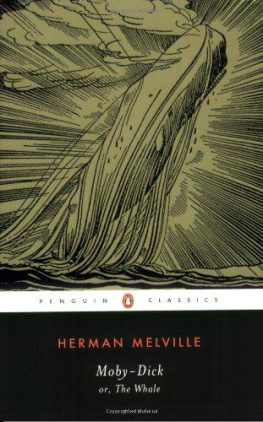
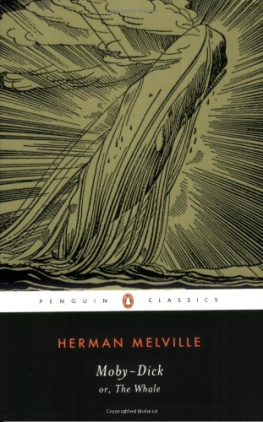

 This paper meets the requirements of ANSI / NISO Z39.48-1992 (Permanence of Paper).
This paper meets the requirements of ANSI / NISO Z39.48-1992 (Permanence of Paper).